Music photography: the best cameras to get great gig shots
Choose the camera and kit to suit your skill level and venue
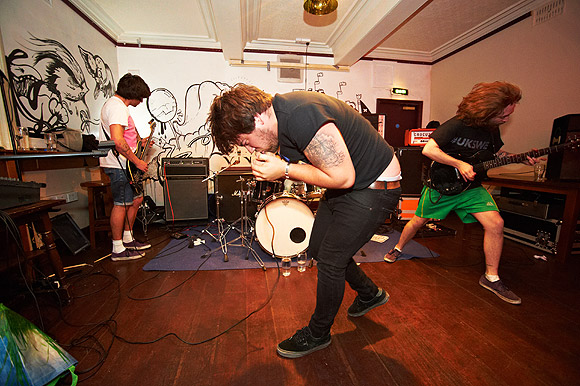
Taking pictures of live performances at your local bar or pub venue may not be all that glamorous, but it's where all musicians start out their career. Who knows? That band playing your local boozer might turn out to be the next U2 or Radiohead, and that female vocalist who performs regularly at the local working men's club may turn out to win the next X-Factor.
Since small venues like this work to tight budgets, stage lighting is often poor, and conditions can be cramped. Usually there are very few restrictions as far as photography is concerned, but it is always polite to check with the artist first if, for example, you wish to use flash.
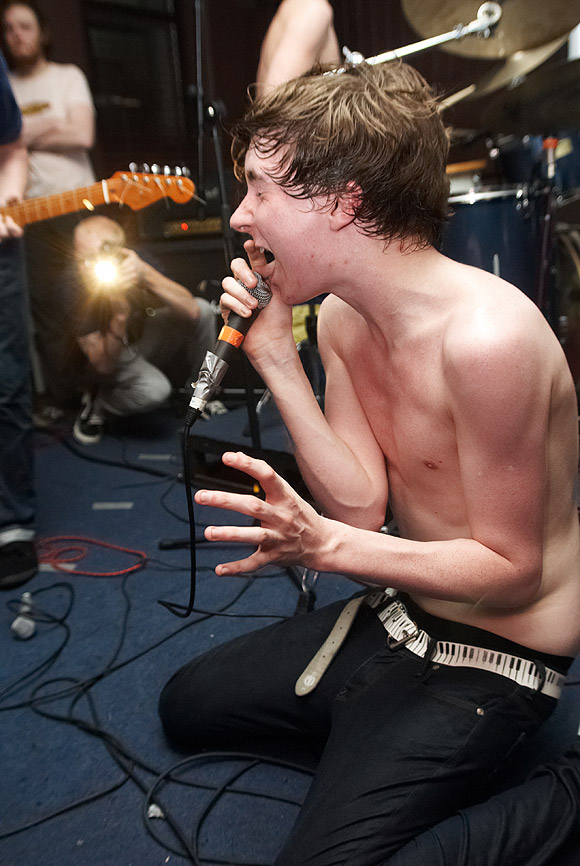
If you are a beginner, most entry-level DSLRs, such as the Canon EOS 1100D, Nikon D3100 or Pentax K-r, will enable you to take decent pictures at an event such as this. And so long as the artist is fine with you using flash, the kit lens and built-in flash unit should suffice, in conjunction with a high ISO setting or longer shutter speed, so that the atmosphere of the gig isn't lost.
For photography without the flash, a 30mm, 35mm or 50mm prime lens with a maximum aperture of f/1.8 or faster will enable you to work more effectively with ambient lighting.
Most compact system cameras can take high quality images in low light. But using a screen or electronic viewfinder in very dark conditions can be difficult so the camera will struggle to display a suitably clear image for critical focusing, and contrast detection AF often struggles in low light.
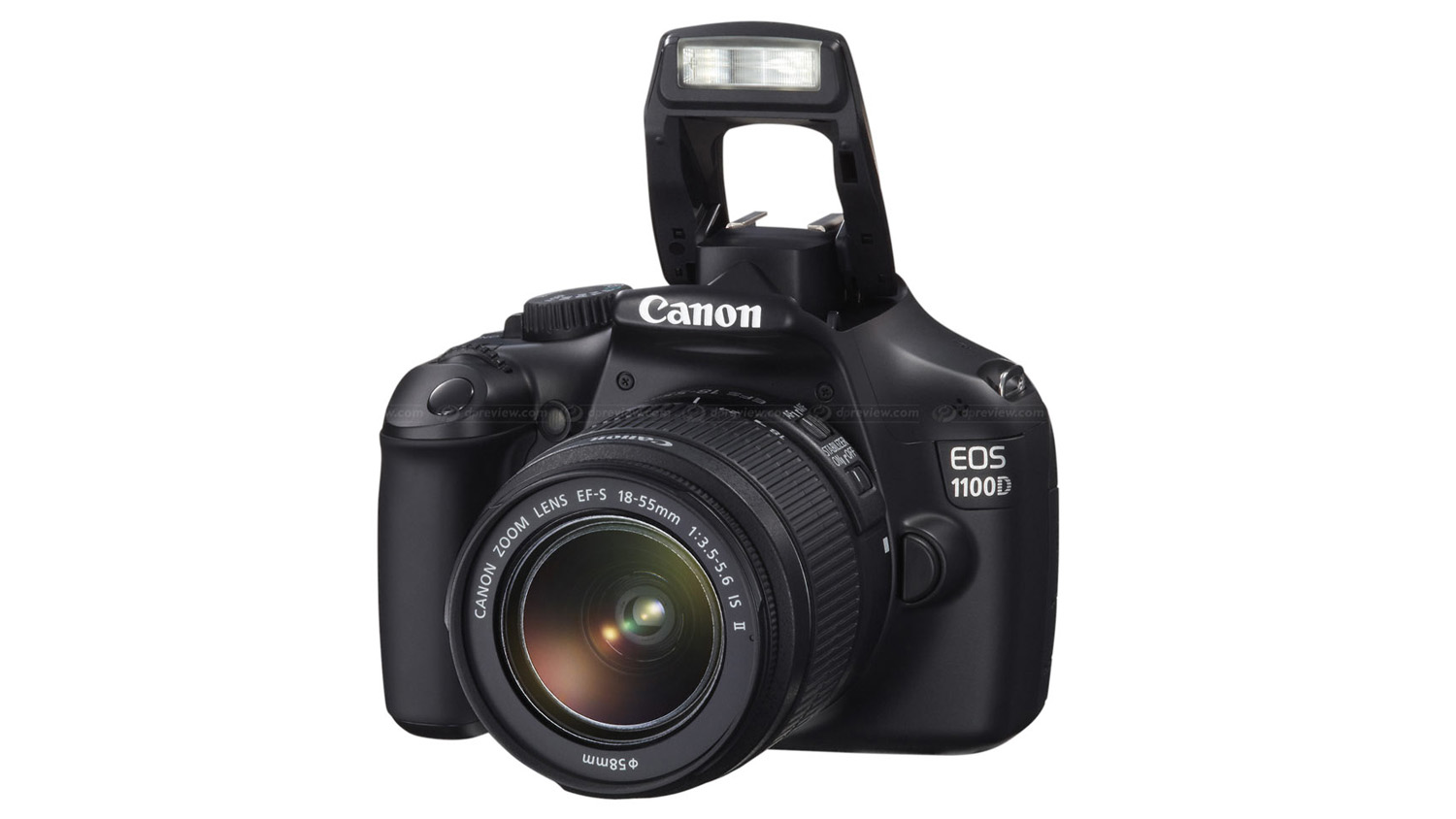
Intermediate photographers may find the direct control and improved autofocus of a mid-range DSLR body such as the Canon EOS 60D, Nikon D90, Sony A580 or Pentax K-7 will stand them in good stead when shooting an event at a pub or a bar.
Just as is the case with a beginner, a 30 to 50mm prime lens with an aperture of f/1.8 or faster will enable you to work under ambient lighting conditions.
Get daily insight, inspiration and deals in your inbox
Sign up for breaking news, reviews, opinion, top tech deals, and more.
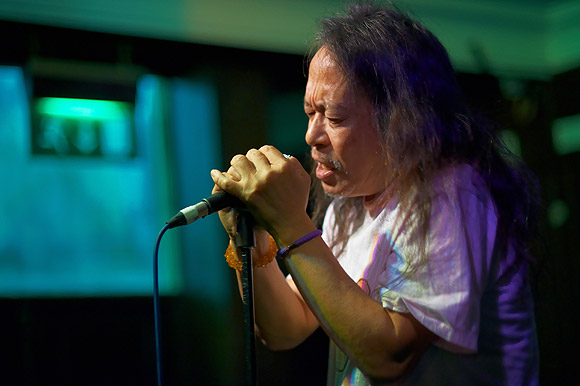
A zoom lens covering roughly 18-50mm, with a constant f/2.8 aperture, may also be an asset, even if you're using flash. The faster maximum aperture will enable more of the ambient light to be captured at reduced ISO sensitivities.
The greater flexibility of an external flashgun may also help, since they are more powerful and the light can be bounced off surfaces at the venue and directed out of the eyes of the performer.
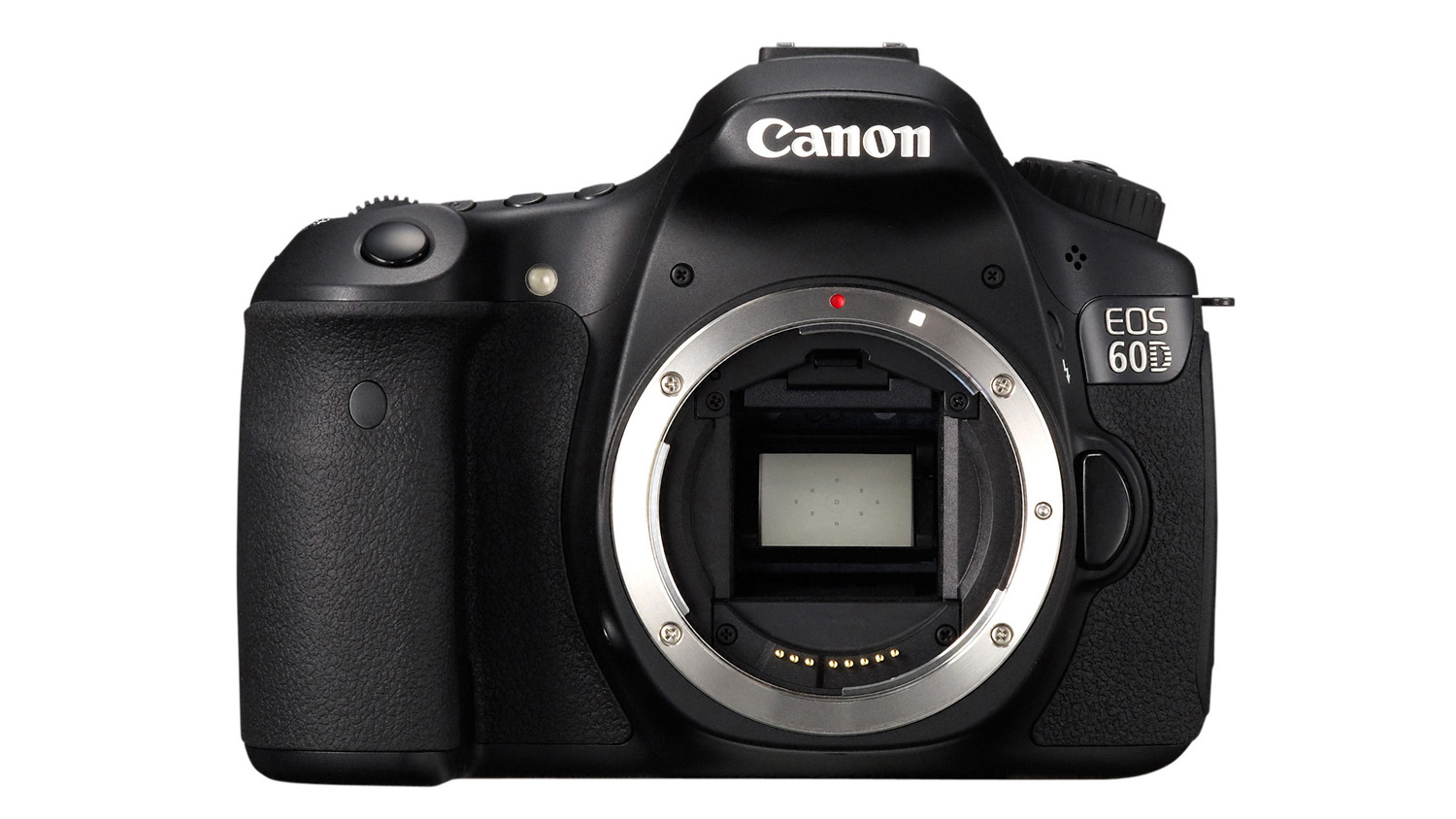
Professionals, or those aspiring to be so, will find the superior noise control of a full-frame DSLR, such as the Canon EOS 5D Mk II or Canon EOS 5D Mark III, or the Nikon D700 or Nikon D4 an asset.
In addition to a standard f/2.8 zoom lens covering 24-70mm, an ultra-wide zoom lens in the 16-35mm range, also with a constant f/2.8 aperture, will enable more of the stage to be captured in one shot, or full-length shots of the performer in cramped conditions.
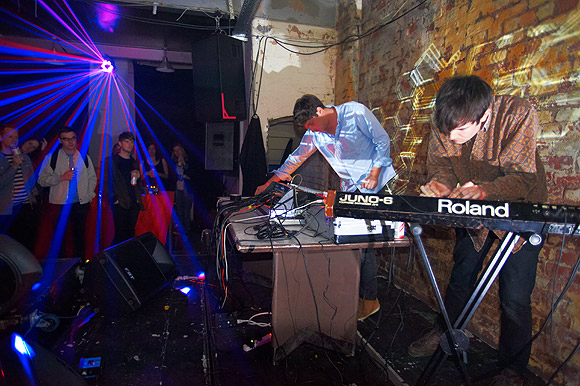
A range of prime lenses with focal lengths from 24mm to 85mm may also be preferred if you prefer to work with the ambient conditions.
Shoots at venues with little or no lighting may require a wireless flash setup to get the best images possible, so long as permission from the artist can be sought. By placing flash units around the stage, and even using coloured gels in some cases, you can effectively create your own lighting on stage for the shoot.
Current page: Best cameras for shooting concerts in a pub or bar
Prev Page Best cameras for shooting concerts from the crowd Next Page Best cameras for medium or large venues